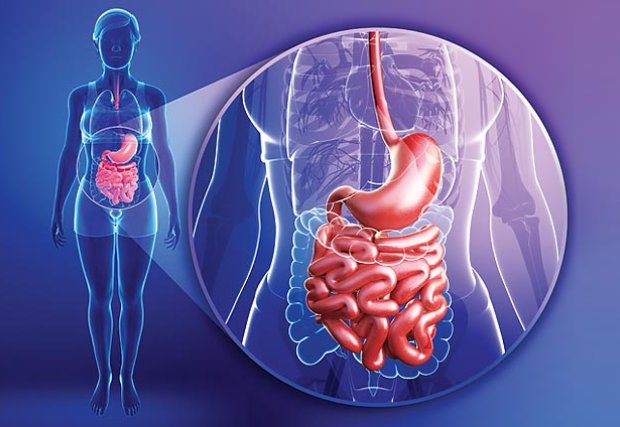Q: What are the symptoms of possible pancreatic cancer?
Pancreatic cancer does not usually cause any early symptoms, but by the time someone experiences any signs, the cancer may already have spread. Symptoms to watch for include jaundice, a yellowing of the skin and eyes; dark urine; nausea and vomiting; enlarged gall bladder or liver; deep abdominal pain radiating to the back; bloating and gas; weight loss; a change in color and appearance of stools; dry, flaky skin; and loss of appetite.
Q: Are there risk factors for developing pancreatic cancer?
There are several risk factors for this cancer. For 10 percent of patients, there is genetic predisposition, but this is not common. The number one risk factor is smoking. If you quit smoking, it takes about 20 years for the pancreas to return to normal. The second biggest risk factor is alcoholism, and third is chronic exposure to environmental chemicals. Those with type 2 diabetes, chronic pancreatitis or cirrhosis of the liver are also at higher risk.
Q: How is pancreatic cancer diagnosed?
After a thorough examination, your doctor will order diagnostic tests, which may include an ultrasound, a CT scan, an MRI or even a PET scan. If a tumor is suspected, an endoscopic ultrasound (EUS) can be done where doctors can see the pancreas from the inside of the stomach and do a biopsy through the stomach wall. The tissue sample is analyzed so the stage of the cancer can be determined.
Q: What are the recommended treatments for pancreatic cancer?
Once the tumor is located, diagnosed and staged, doctors can plan the best course of treatment. If the cancer can be completely removed and lymph nodes are not involved, surgery is a good option. But if it has spread beyond the pancreas, radiation and chemotherapy are used to try to reduce the size of the tumor. If it shrinks, surgery may be reconsidered. New, targeted immune therapy treatments that do not destroy healthy cells may also be considered.
If you think you may have symptoms of pancreatic cancer, check with your doctor. If you are diagnosed, the Cancer Care Institute of Carolina has all the resources you need, close to home. To learn more, call 803-641-5833 or visit the Cancer Care Institute of Carolina.

